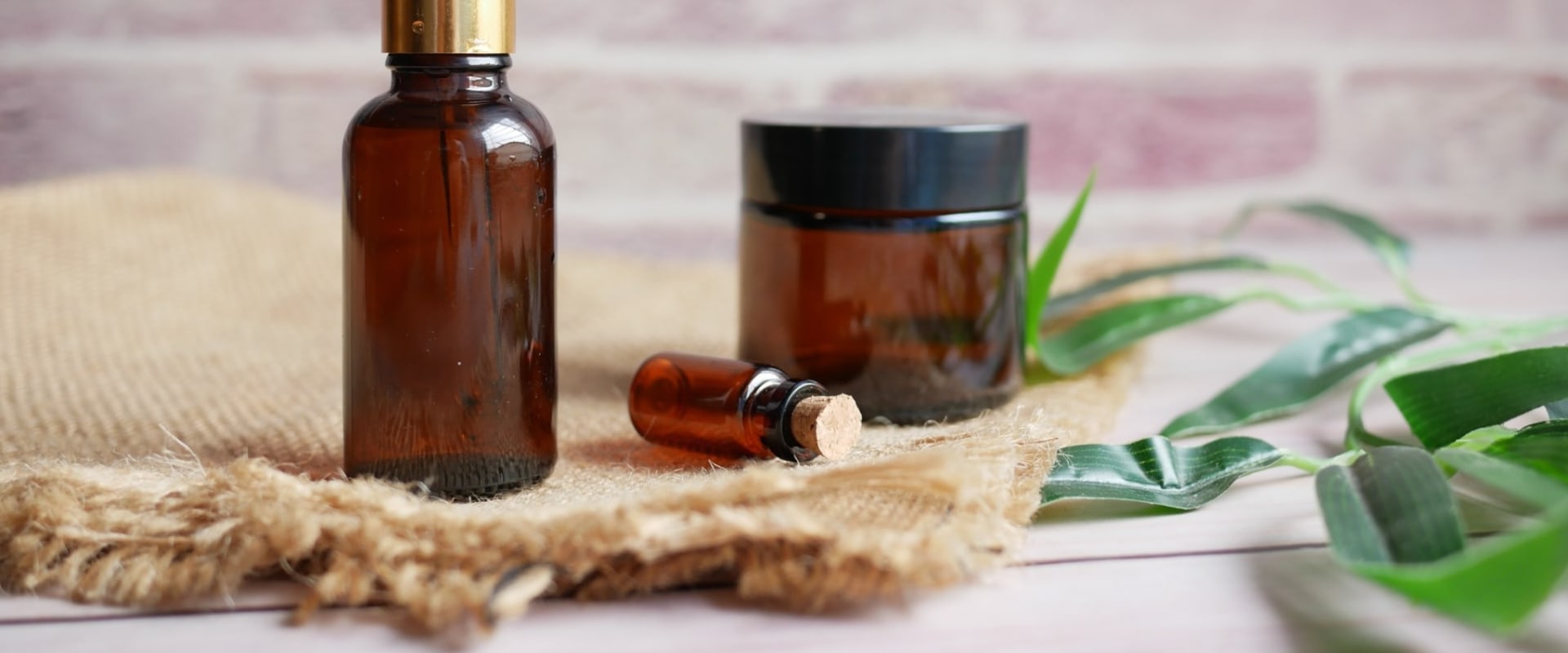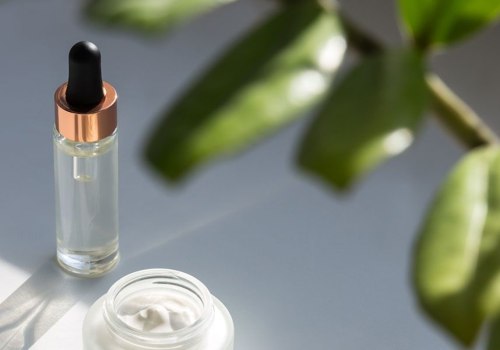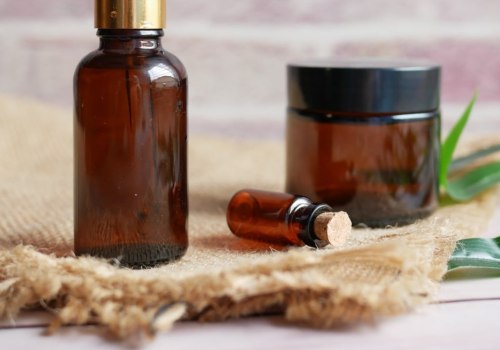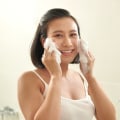Are there any known allergies associated with taking anti-aging supplements? So far, research has not revealed any serious cases, even when resveratrol is taken in large doses. Generally, it is considered safe when ingested in the amount found naturally in food. However, it could cause a reaction in people who are allergic to grapes or wine. Until more high-quality studies are conducted, experts do not recommend resveratrol supplements to combat aging or prevent disease.
Resveratrol supplements are also not recommended for children or for women who are pregnant or breastfeeding. Vitamin B3, also known as niacin (nicotinic acid), has two other forms: niacinamide (nicotinamide) and inositol hexanicotinate. These forms have different effects than niacin. Nicotinamide adenine dinucleotide (NAD+) levels in the body decrease with age and are linked to the downregulation of energy production in mitochondria, oxidative stress, DNA damage, cognitive decline and inflammatory conditions.
However, NMN, as a precursor to NAD+, can slow down this process by raising NAD+ levels in the body. Several in vivo studies have indicated positive results of the therapeutic effects of various age-related complications with NMN supplementation. A preclinical study and a clinical study have been conducted to investigate the safety issues of NMN administration, while some more clinical trials are underway in humans. With the large influx of NMN-based anti-aging products on the market, adequate clinical research is urgently needed to determine the efficacy and safety of NMN supplementation.







